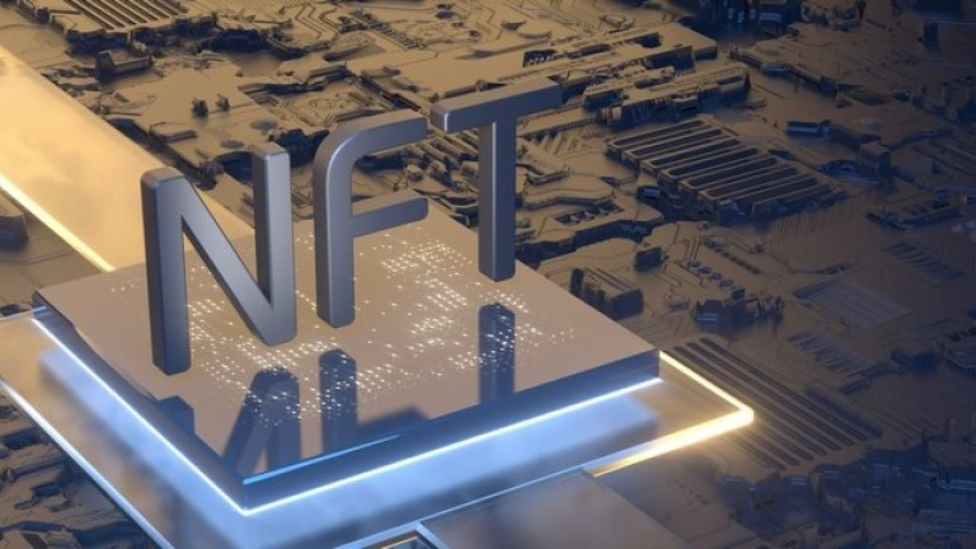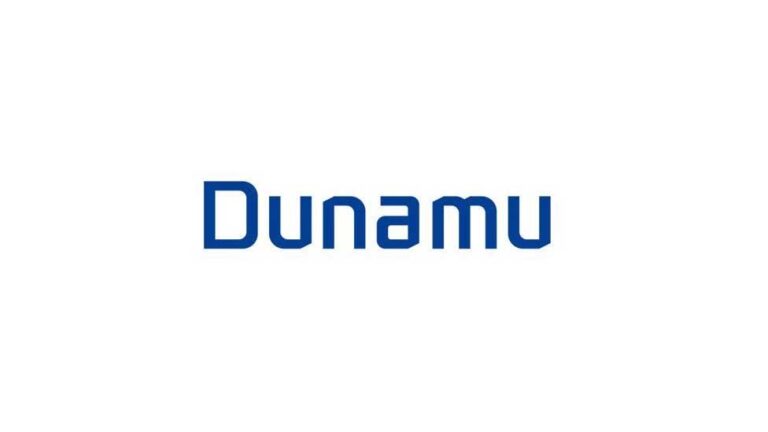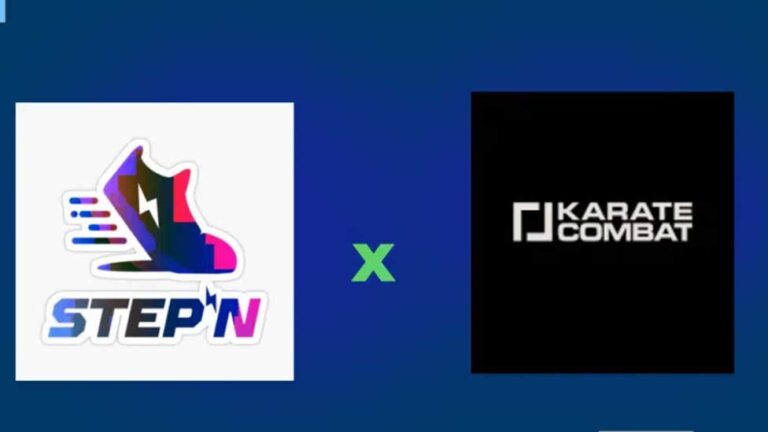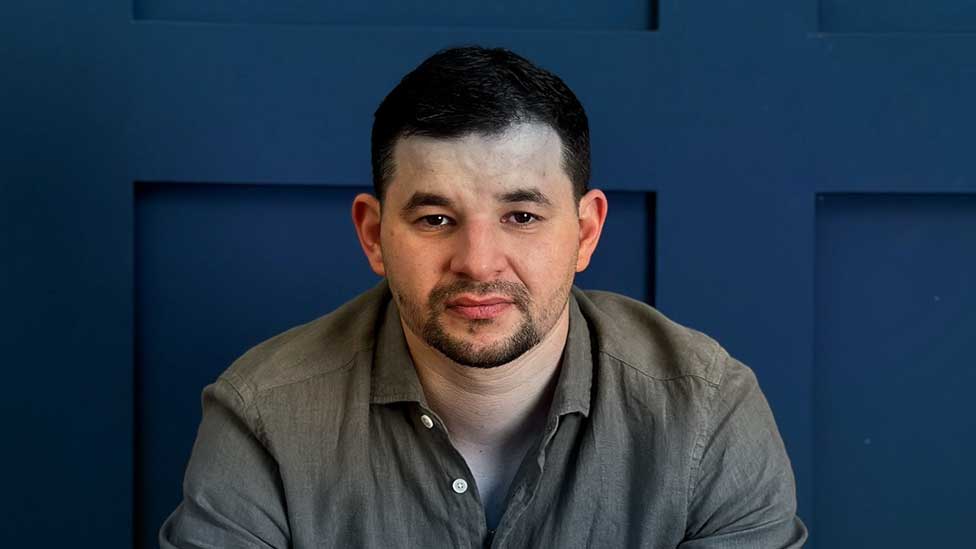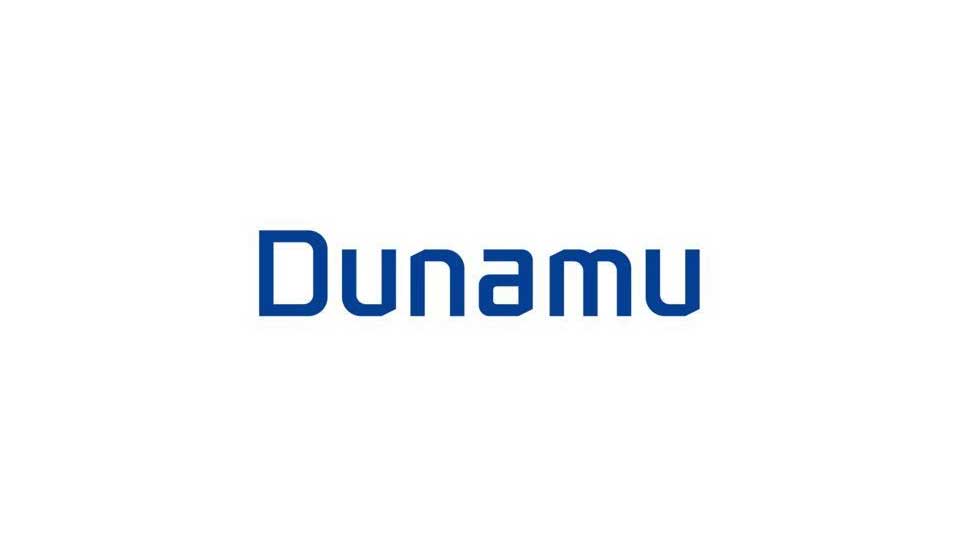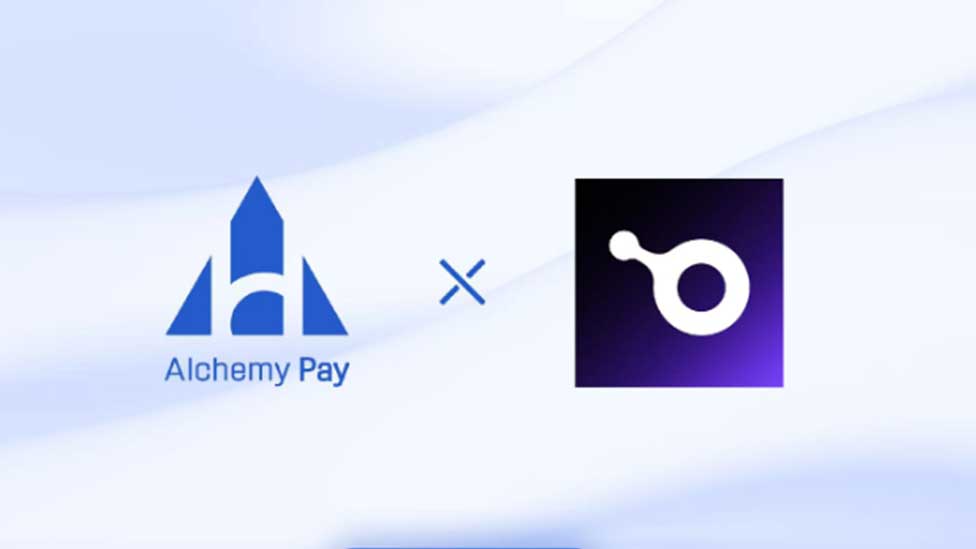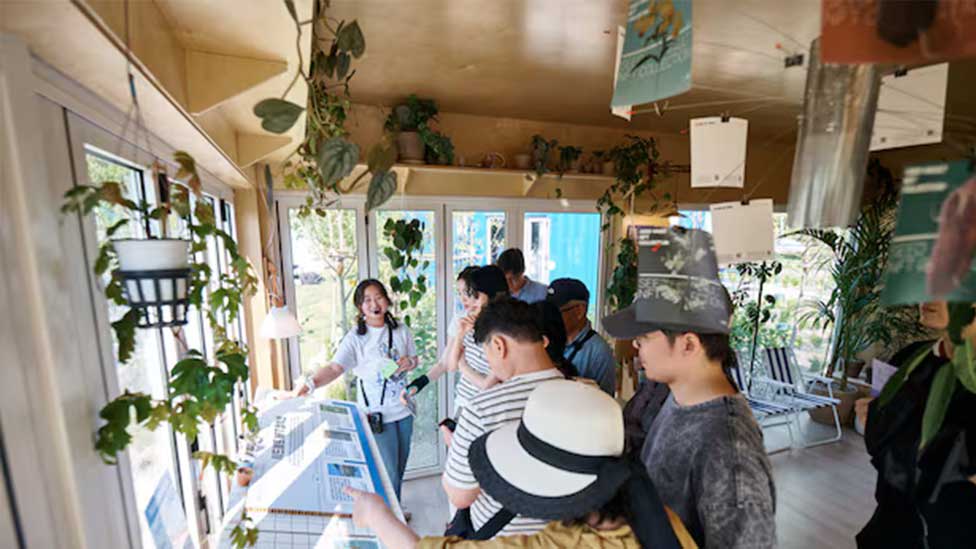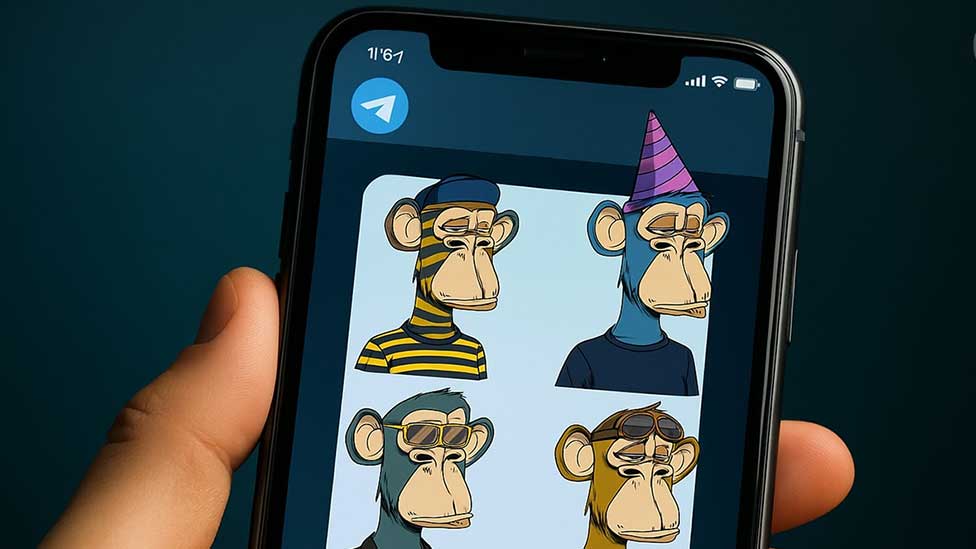Several variables influence the Middle East’s adoption of NFTs. First and foremost is the area’s vibrant artistic and cultural scene, which includes age-old customs, modern manifestations, and a burgeoning group of gifted artists. Through NFTs, artists may make money from their creations and connect with collectors directly from anywhere in the world. As a result of the digital revolution, artists now have more authority to safeguard their intellectual property rights and guarantee the originality and provenance of their works.
NFTs have an impact outside of the arts because they have potential in many Middle Eastern businesses. NFTs open new channels for interaction, teamwork, and money production in various industries, including music, gaming, real estate, and fashion. For example, in 2022, the Bahrain Dar Alfann Gallery launched the nation’s first NFT exhibition, which was sponsored by Binance. Similarly, musicians can tokenize their music or sell exclusive performance experiences; game makers can produce valuable in-game items; and clothing companies can have digital wearables in limited quantities. The Middle East’s future of digital artifacts is being shaped by NFTs across a variety of industries, as these instances show.
However, both challenges and possibilities await the Middle East as NFTs and digital collectibles continue to develop. All parties must carefully analyze and collaborate on sustainability, inclusion, and regulation issues.
Cultural Preservation And Digitisation Of Heritage
NFTs have an impact outside of the arts since many Middle Eastern corporations see their potential. NFTs open fresh avenues for communication, collaboration, and revenue generation across various sectors, including music, gaming, real estate, and fashion. Game developers can create valuable in-game objects, musicians can tokenize their music or sell limited-edition performance experiences, and garment manufacturers can create digital wearables. These examples demonstrate how NFTs across a variety of industries are shaping the future of digital artifacts in the Middle East.
Additionally, NFTs can serve as a means of monetizing digitized replicas or limited-edition versions of these heritage items. Museums and artists can create NFTs that represent digital reproductions or adaptations of original artifacts or artworks.
As NFTs and digital collectibles advance, the Middle East faces both opportunities and challenges. On matters of sustainability, inclusivity, and regulation, all parties must carefully consider them and work together.
The Bahrain Authority for Culture and Antiquities launched a “Virtual Museums” project that uses NFTs to showcase digitized cultural artifacts and allow virtual exploration of heritage sites, promoting accessibility and preservation.
Blockchain-Based Art Marketplaces and Investment Opportunities
The rise of NFTs in the Middle East has catalyzed the development of blockchain-based art marketplaces, providing artists with new avenues to showcase and sell their digital creations directly to collectors. These platforms eliminate intermediaries, such as galleries or auction houses, and enable artists to retain a larger portion of the proceeds from their sales. By leveraging the transparency and immutability of blockchain technology, NFTs establish proof of ownership and authenticity, assuring collectors of the value and uniqueness of their digital assets.
The advent of NFTs has also opened up exciting investment opportunities in the digital art market. Investors in the Middle East recognize NFTs as a novel asset class with the potential for value appreciation over time. Owning NFTs representing digital collectibles, artworks or virtual real estate can provide diversification within investment portfolios. Art Jameel, a Saudi Arabian art organization, announced their interest in digital art in 2020 by awarding artists certain amounts.
CONCLUSION
Overall, the expansion of blockchain-based art marketplaces and the increasing recognition of NFTs as investment assets are contributing to the growth of the digital art market in the Middle East.

